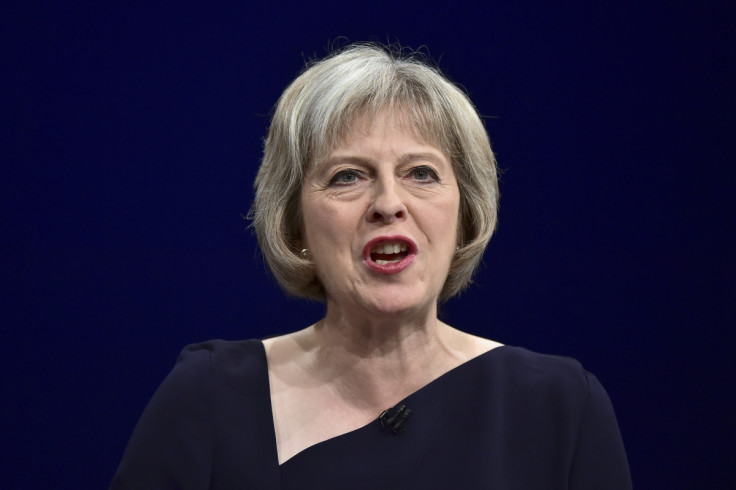Snooper's Charter: Read Theresa May's full draft Investigatory Powers Bill

This is Home Secretary Theresa May's forward in the Investigatory Powers Bill, which was published on 4 November...
"The means available to criminals, terrorists and hostile foreign states to co-ordinate, inspire and to execute their plans are evolving. Communications technologies that cross communications platforms and international borders increasingly allow those who would do us harm the opportunity to evade detection.
"The use of investigatory powers is vital to locate missing people, to place a suspect at the scene of a crime or to identify who was in contact with whom. Powers to intercept communications, acquire communications data and interfere with equipment are essential to tackle child sexual exploitation, to dismantle serious crime cartels, take drugs and guns off our streets and prevent terrorist attacks.
"The government is committed to ensuring law enforcement and the security and intelligence agencies have the powers they need to keep us safe in the face of an evolving threat and an increasingly complicated communications environment.
"The Investigatory Powers Bill will do that in a way that ensures the use of those powers is subject to robust safeguards and visible, effective oversight. Over the past year, three independent reviews have been undertaken into the use and oversight of investigatory powers: by the Intelligence and Security Committee of Parliament, the Independent Reviewer of Terrorism, David Anderson QC, and a panel convened by the Royal United Services Institute (RUSI). Between them, they made nearly 200 recommendations.
"The government has paid attention to the findings of those reviews. The draft Investigatory Powers Bill that has been published for pre-legislative scrutiny and public consultation builds on their recommendations to bring together all of the powers available to law enforcement and the security and intelligence agencies to acquire communications and communications data and make them subject to enhanced, consistent safeguards.
"The provisions in the draft bill are the product of discussion with industry, academia, technical experts and civil liberties groups. They seek to protect both privacy and security by improving transparency and through radical changes to the way investigatory powers are authorised and overseen.
"The draft bill only proposes to enhance powers in one area – that of communications data retention – and then only because a strong operational case has been made. The draft bill provides a basis for further consultation over the coming weeks and months before a revised bill is introduced to Parliament in the New Year. The issues covered in this draft bill are matters of national importance and will rightly be subject to scrutiny and debate. I hope that you will take the time to share your views."
You can read the full bill. For more updates about the draft legislation and commentary around its release, make sure to follow @IBTUKPolitics and @IBTimesUKTech.
© Copyright IBTimes 2025. All rights reserved.





















